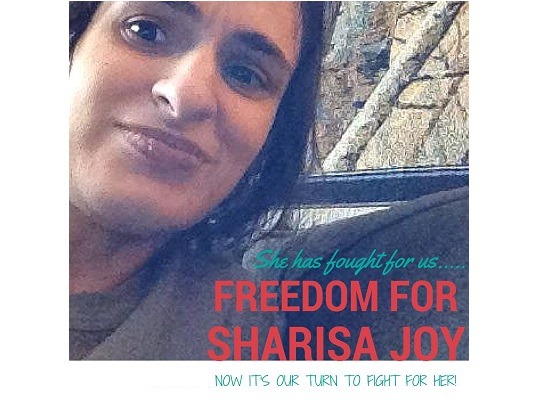California Holds Medically Kidnapped Adult Daughter for 14 Years
Jeffrey and Elsie Golin have been fighting against the State of California and California’s San Andreas Regional Center (SARC) for nearly fifteen years to have their daughter returned to them. SARC is a community-based, private nonprofit corporation that is funded by the State of California to serve people with developmental disabilities and works with Stanford University. The Golins are fighting for their autistic daughter Nancy’s right to be able to return home to live with them, and fighting for the right to advocate for their daughter’s best interests. According to their main attorney, Dave Beauvais, there are two main issues that lie at the heart of this ongoing case. The first is the issue of the Golin’s losing all rights to act in their own daughter Nancy’s best interests and the second is the issue of whether a person who is disabled has the same protection under the U.S. Constitution as a non-disabled person does. The two issues the state brought as grounds for removing Nancy from their care were the fact that she wanders away and the fact that the Golins disagreed with the doctors at Stanford University about which medication was best to prevent Nancy’s seizures.






